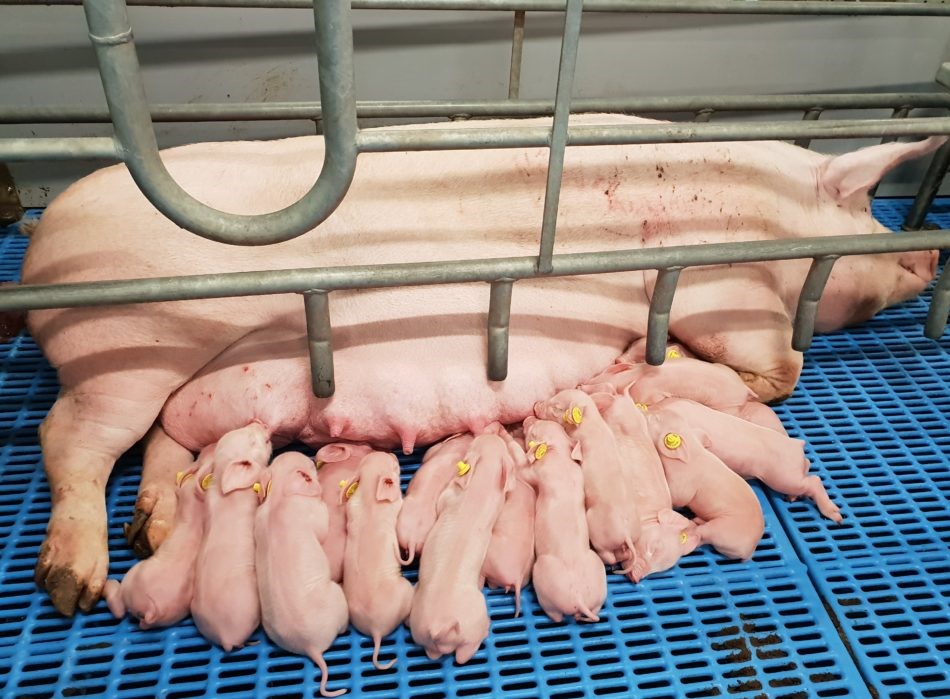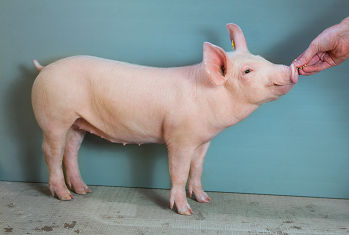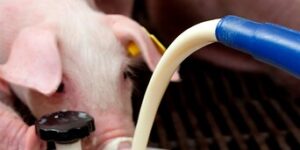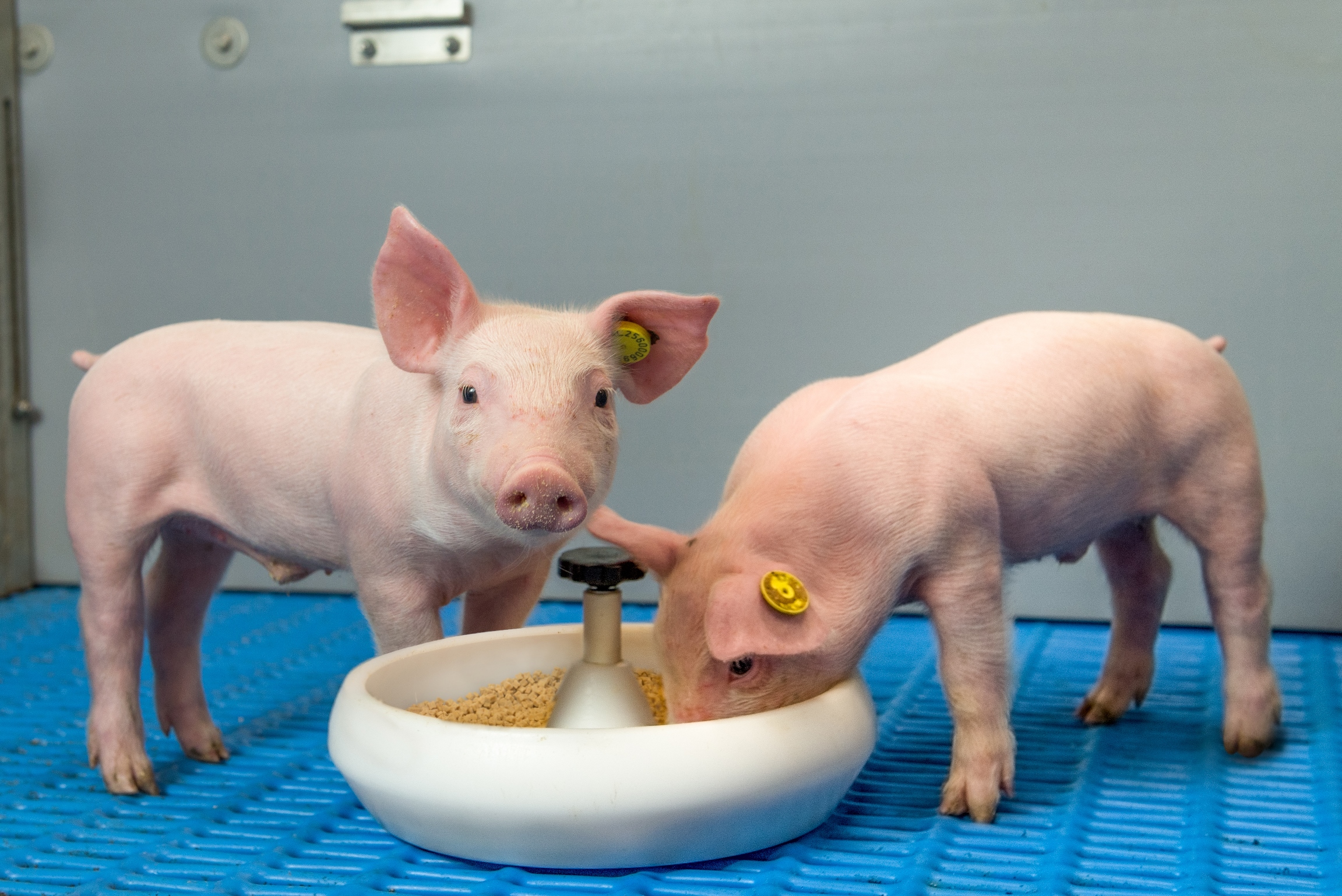Avoid weaning problems
Denkapig - 5 November 2021
A smooth transition around weaning is the ideal situation, but not always easy to achieve. In practice, we still see start-up problems in the care of weaned piglets. In this article we will discuss the possible causes of start-up problems with weaned piglets. We also give some practical tips to prevent these start-up problems of weaned piglets.
The possible causes of start-up problems in weaned piglets can be:
- Too early and / or too light piglets at weaning caused by:
- Insufficient colostrum milk production of the sow
- Not enough additional feed intake of the piglets with the sow
- High infection pressure among the piglets
- Poor conditions for the piglets after weaning, caused by:
- No good feed transition from farrowing to weaning
- Temperature too cold in the nursery
- Too high pen occupation
- Infection pressure
To prevent start-up problems of weaned piglets, we give you a number of tips:
Before weaning:
- Ensure good colostrum and milk production of the sow.
- Keep the infection pressure low through a good vaccination policy.
- Feed the piglets twice a day and preferably 3 to 4 times a day the last week before weaning
- Do not wean the piglets (too) early
After weaning:
- Provide a good pen temperature. Place piglets in a preheated compartment. Advice temperature. At semi-slatted min. 28 ° C and with full slatted 30 ° C and if the piglets are lighter than 7 kg, increase the temperature.
- Start provide feed immediately after weaning, if necessary place extra feed troughs with the feed from the farrowing room to provide a smooth transition and keep feed intake high.
- Place extra water bowls in the pens to provide the piglets with sufficient and available water.
- Avoid overcrowding.
- Provide sufficient feeding places (1 place per 10 piglets) and drinking water (1 place per 10 piglets).
- Use a weaning feed which fits your situation to prevent digestive problems and to achieve good intestinal health.
- Put the smallest piglets together to give them enough attention and care.
- And most importantly, all these conditions are given sufficient attention.
Contact
If you have any questions, please feel free to contact one of our specialists. Leave the details here and we will contact you!
Contact form - Small
Follow us on LinkedIn & YouTube
Stay informed about our innovations, knowledge and practical tips of calf, piglet, goat and lamb rearing.







